Cartelisation, Convergence or Increasing Similarities?
ECPR Press
The ECPR Press is published by the European Consortium for Political Research in partnership with Rowman & Littlefield International. It publishes original research from leading political scientists and the best among early career researchers in the discipline. Its scope extends to all fields of political science, international relations and political thought, without restriction in either approach or regional focus. It is also open to interdisciplinary work with a predominant political dimension.
ECPR Press Editors
Editors
Peter Kennealy is Deputy Director of the European University Institute library in Florence, Italy.
Alexandra Segerberg is Associate Professor at the University of Stockholm, Sweden.
Associate Editors
Ian OFlynn is Senior Lecturer in Political Theory at Newcastle University, UK.
Laura Sudulich is Senior Lecturer in Politics and International Relations at the University of Kent, UK. She is also affiliated to Cevipol (Centre dtude de la vie Politique) at the Universit libre de Bruxelles.
Cartelisation, Convergence or Increasing Similarities?
Lessons from Parties in Parliament
Edited by
Henrik Enroth and Magnus Hagevi
Published by Rowman & Littlefield International Ltd
Unit A, Whitacre Mews, 26-34 Stannary Street, London SE11 4AB
www.rowmaninternational.com
In partnership with the European Consortium for Political Research, Harbour House, 6-8 Hythe Quay, Colchester, CO2 8JF, United Kingdom
Rowman & Littlefield International Ltd. is an affiliate of Rowman & Littlefield
4501 Forbes Boulevard, Suite 200, Lanham, Maryland 20706, USA
With additional offices in Boulder, New York, Toronto (Canada), and Plymouth (UK)
www.rowman.com
Copyright 2018 by Henrik Enroth and Magnus Hagevi
All rights reserved . No part of this book may be reproduced in any form or by any electronic or mechanical means, including information storage and retrieval systems, without written permission from the publisher, except by a reviewer who may quote passages in a review.
British Library Cataloguing in Publication Data
A catalogue record for this book is available from the British Library
ISBN: HB 978-1-78552-254-3
Library of Congress Cataloging-in-Publication Data Available
ISBN 9781785522543 (cloth : alk. paper)
ISBN 9781786605306 (electronic)

The paper used in this publication meets the minimum requirements of American National Standard for Information SciencesPermanence of Paper for Printed Library Materials, ANSI/NISO Z39.48-1992.
Printed in the United States of America
Contents
Herbert Kitschelt
Magnus Hagevi and Henrik Enroth
Henrik Enroth
Magnus Hagevi and Karl Loxbo
Magnus Hagevi
Karl Loxbo
Douglas Brommesson and Ann-Marie Ekengren
Helena Olofsdotter Stensta and Anna Hgmark
Katarina Barrling
Henrik Enroth and Mats Sjlin
Magnus Hagevi and Henrik Enroth
As editors and authors we would like to express our gratitude to the MPs in the Swedish Riksdag who so generously let themselves be interviewed for the research project Party Government in Flux. The project would have been impossible without your readiness to share your experiences of and insightful thoughts on the workings of the Riksdag. We hope that you find the results useful. Special thanks are due to Herbert Kitschelt for making time for this project in spite of a forbidding schedule. We are also pleased to record our gratitude to Riksbankens Jubileumsfond The Swedish Foundation for Humanities and Social Sciences and to the Crafoord Foundation for generous financial support for the research project.
POLITICAL PARTIES IN THIS BOOK: NAMES IN ENGLISH AND SWEDISH, ABBREVIATION, POLITICAL BLOC AND PARTY FAMILY
Swedish Parties
Finnish Parties
Herbert Kitschelt
This Introduction is an opportunity to highlight key themes at the core of the debate about cartelisation and party system change in post-industrial democracies that is taken up in this book, as applied to the Swedish case. But it will also contribute a few considerations that pertain to the cartelisation debate more broadly. The cartelisation debate quickly gained prominence after the publication of Katz and Mairs original 1995 article. By the time of writing, this article had attracted more than 2,800 Google Scholar citations; the 2009 follow-up by the same authors already has more than 350. Yet the subject has given rise to relatively little close, systematic empirical examination, in spite of its prominence in political science literature. Neither cross-national analyses nor longitudinal investigations within individual polities have been particularly numerous. For this reason, we should be particularly grateful to the organisers of the present book on Sweden, which investigates the validity of the cartelisation argument by examining dynamic change over time in a single polity.
The motivating intuition underlying the cartelisation debate goes at least as far back as Otto Kirchheimers (1966) claim that parties transform themselves from being representatives of socio-economic constituencies with distinct class or group interests, to catch-all parties venturing to scoop up a diverse, incoherent mass of voters around vague and malleable political appeals. He foresaw that principled opposition to structural social injustices would decay along the way and be sidelined by a centripetal competitive dynamic in which all parties essentially affirm slight modifications of the existing order. Tracing the historical lineage of this argument, one could go back at least as far as Robert Michelss study of political parties, published in German in 1911 under the title Zur Soziologie des Parteiwesens in der modernen Demokratie . Under the umbrella of a general theory of political organisation that attributes agency and strategic capacity only to small cores of elites, the historical claim here is that early-twentieth-century leaders of socialist parties and labour unions refused to sustain the revolutionary zeal of their constituencies. Instead, political leaders prioritised their own political survival in office and therefore preferred assimilation into the national political elite, embracing the existing social order by committing to incremental reform within the broad parameters of the status quo, rather than advancing their followers yearning for revolution.
The current cartelisation debate triggered by Katz and Mair is theoretically complicated, if not muddled, by the presence and interaction of multiple arguments. Michels and Kirchheimer, however, anticipated two of the three major strands that have become staples of a critique of current Western democracies from the left (and at times from the perspective of a populist extreme right as well). As a first analytical strand, there is Michelss claim of a fundamental rift between a partys principals, its electoral constituencies and the active membership, and its agents, the leaders in party office and elected legislatures (and cabinet representatives, if the party participates in the executive). The former want policy; the latter cherish office and sacrifice policy. Michels tacitly assumes cartelisation or monopolisation, with parties rendered as closed systems: the idea that dissidents could exit and form their own new and pure party, if they were dissatisfied with the accommodationist tactics adopted by leaders of their original political vehicle, is not seriously considered. Ironically, in historical reality, such an exit and organisational division happened just a handful of years after the original publication of Michelss book, when, on the outbreak of World War I, German socialist legislators divided over the German empires plan to finance the war effort against the FrenchEnglishRussian coalition. Both party elite and electorate split right through the middle: contrary to Michelss hypothesis, however, the divide was not so much an elitemass division but one between different factions, currents and even regions.

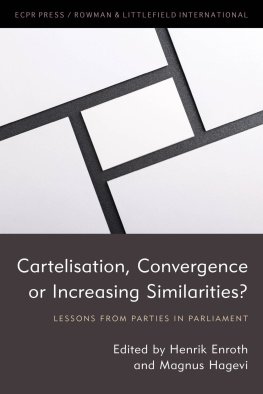
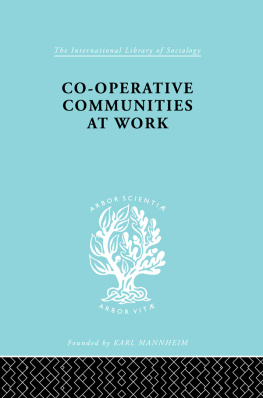


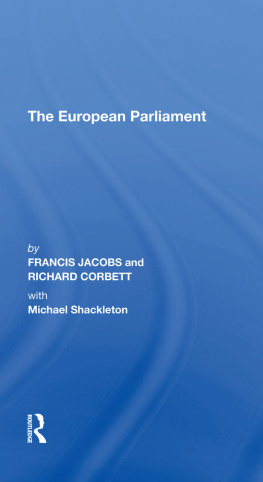
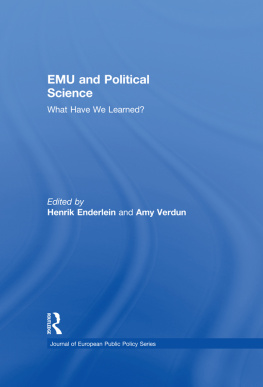
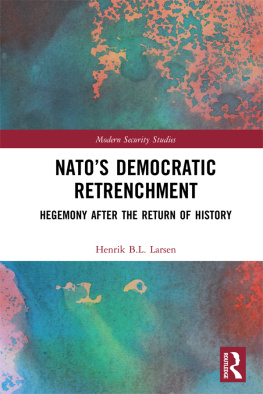



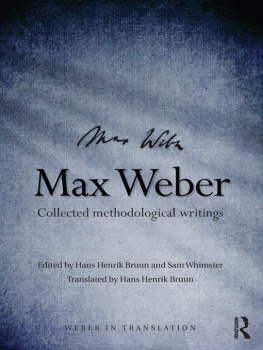
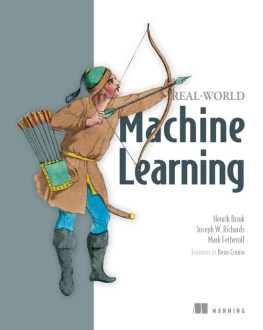
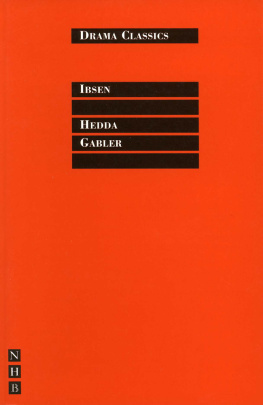

 The paper used in this publication meets the minimum requirements of American National Standard for Information SciencesPermanence of Paper for Printed Library Materials, ANSI/NISO Z39.48-1992.
The paper used in this publication meets the minimum requirements of American National Standard for Information SciencesPermanence of Paper for Printed Library Materials, ANSI/NISO Z39.48-1992.
